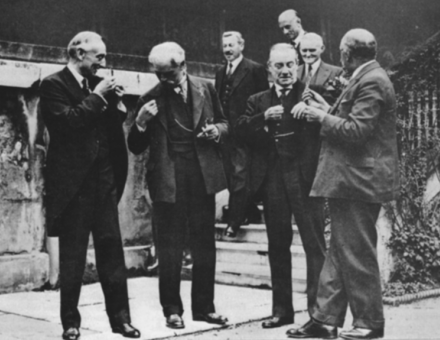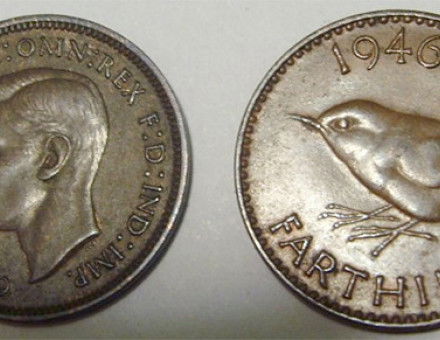Asa Briggs: A Very Open Intelligence
Asa Briggs has been associated with History Today from its beginning. In an interview to celebrate our 60th anniversary, he tells Paul Lay about his involvement with it, his new book on his days as a cryptographer and his passion for Blackpool.





